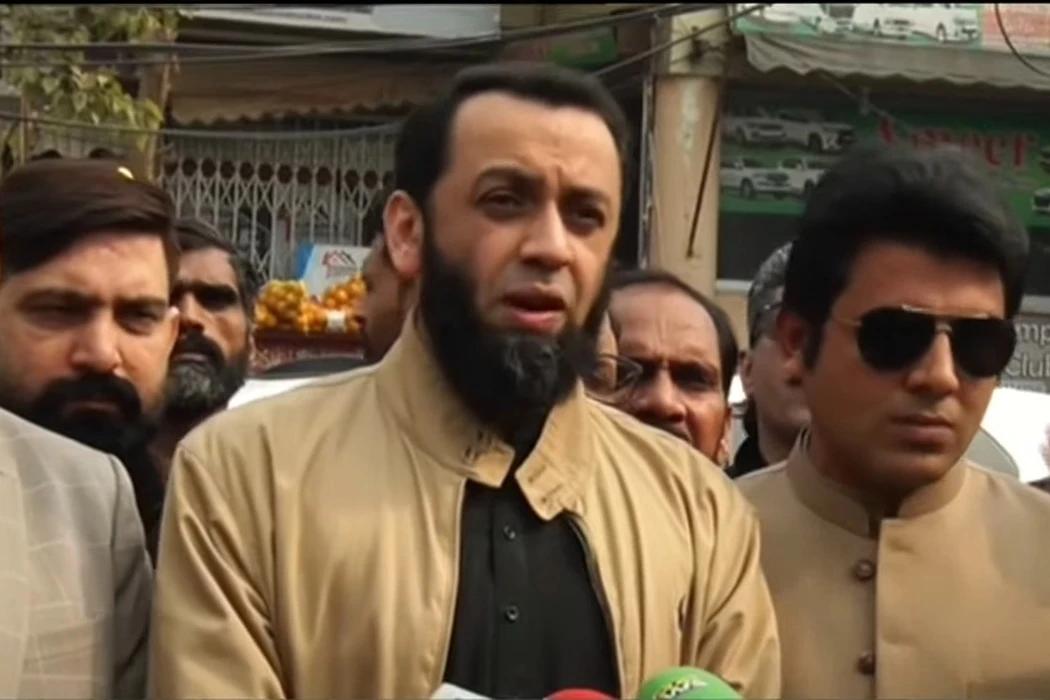The alliance's military planners have been focused on assessing the enormous cost of fixing Europe's creaking defences.

Brussels: The war in Ukraine and the looming U.S. presidential election dominated a NATO summit in Washington this month but, away from the public stage, the alliance's military planners have been focused on assessing the enormous cost of fixing Europe's creaking defences.
NATO leaders agreed plans last year for the biggest overhaul in three decades of its defence capabilities, amid growing fears of Russian aggression. Behind the scenes, officials have since been poring over the minimum defence requirements to achieve those plans, which were sent to national governments in recent weeks, according to one military planner, who spoke on condition of anonymity.
The minimum requirements detail the shortfalls in NATO armies in key areas, providing a rough indication of how many billions of euros it could cost to fix, the military planner said. NATO aims to convert these requirements into binding targets for individual governments to provide for the defence of Europe by autumn 2025, when it holds a regular meeting of defence ministers.
Reuters spoke to 12 military and civilian officials in Europe about the classified plans, who outlined six areas the 32-nation alliance has identified as the most pressing to address.
These include shortages in air defences and long-range missiles, troop numbers, ammunition, logistical headaches and a lack of secure digital communications on the battlefield, the conversations with NATO officials showed.
The officials spoke on condition of anonymity to discuss security matters more freely. NATO hasn't publicly given an estimate of the overall costs.
The findings show NATO faces a slog to achieve its goals at a time when its unity could be tested by budgetary constraints among senior European members, and differences over how hawkish its stance on Russia should be.
Crucially, this year's U.S. presidential election has raised the spectre that NATO's preeminent power may be led by a man critical of the alliance – former President Donald Trump – who has accused European partners of taking advantage of U.S military support.
At the July 9-11 Washington summit, some European policymakers publicly acknowledged that, regardless of who wins November's election, the continent will need to hike its military spending.
"We need to recognize that for America, whatever the result of the presidential election, the priority is increasingly going to shift to the Indo-Pacific, so that the European nations in NATO must do more of the heavy lifting," British Defence Secretary John Healey said on the sidelines of the summit.
In response to Reuters' questions, a NATO official said the alliance's leaders had agreed in Washington that in many cases expenditure beyond 2% of GDP would be needed to remedy shortfalls. He noted that 23 members now meet the 2% mininum requirement, or exceed it.
"Regardless of the outcome of the U.S. elections, European Allies will need to continue to increase their defence capabilities, forces' readiness and ammunition stocks," the NATO official said.
NATO is at its highest alert stage since the Cold War, with its more pessimistic officials, including German Defence Minister Boris Pistorius, warning that an attack by Russia on its borders could happen within five years.
While the Russian economy is already on a war footing, European governments may face resistance if they demand more money for defence spending from taxpayers reeling from a cost-of-living squeeze to prepare for a war that seems a distant prospect to many, analysts say.
"We may expect to see a political backlash materialise, especially if politicians try to explain away cuts elsewhere with increased defence budgets," Eurointelligence, a news and analysis service focused on the EU, said in a July 12 note.
(Curtsy Reuters)

Draymond: Not losing sleep as Giannis talk swirls
- 10 گھنٹے قبل

Balochistan operations: 145 terrorists killed as CM vows long term fight against terrorism
- 11 گھنٹے قبل

Windows 11’s ability to resume Android apps on your PC is getting closer
- 13 گھنٹے قبل

Who will win the Australian Open men's title?
- 10 گھنٹے قبل

Interior minister,CM Balochistan and Corps Commander visit CMH Quetta
- 13 گھنٹے قبل
Sumrall channels Meyer, makes Gators 'earn' logo
- 21 گھنٹے قبل

With Bader in center field, Giants move Lee to rig...
- 10 گھنٹے قبل
Pavia vows to show NFL 'what I got' in Senior Bowl...
- 21 گھنٹے قبل

Security forces committed to eliminate anti-Pakistan proxies: Attaullah Tarar
- 9 گھنٹے قبل
Fiesta Bowl to host women's flag football tourney
- 21 گھنٹے قبل

Security forces kill 133 terrorists in Balochistan operation, 15 soldiers martyred
- 15 گھنٹے قبل

Terrorist attacks in Balochistan: US, Qatar, Saudi Arabia and Other countries strongly condemn
- 15 گھنٹے قبل



